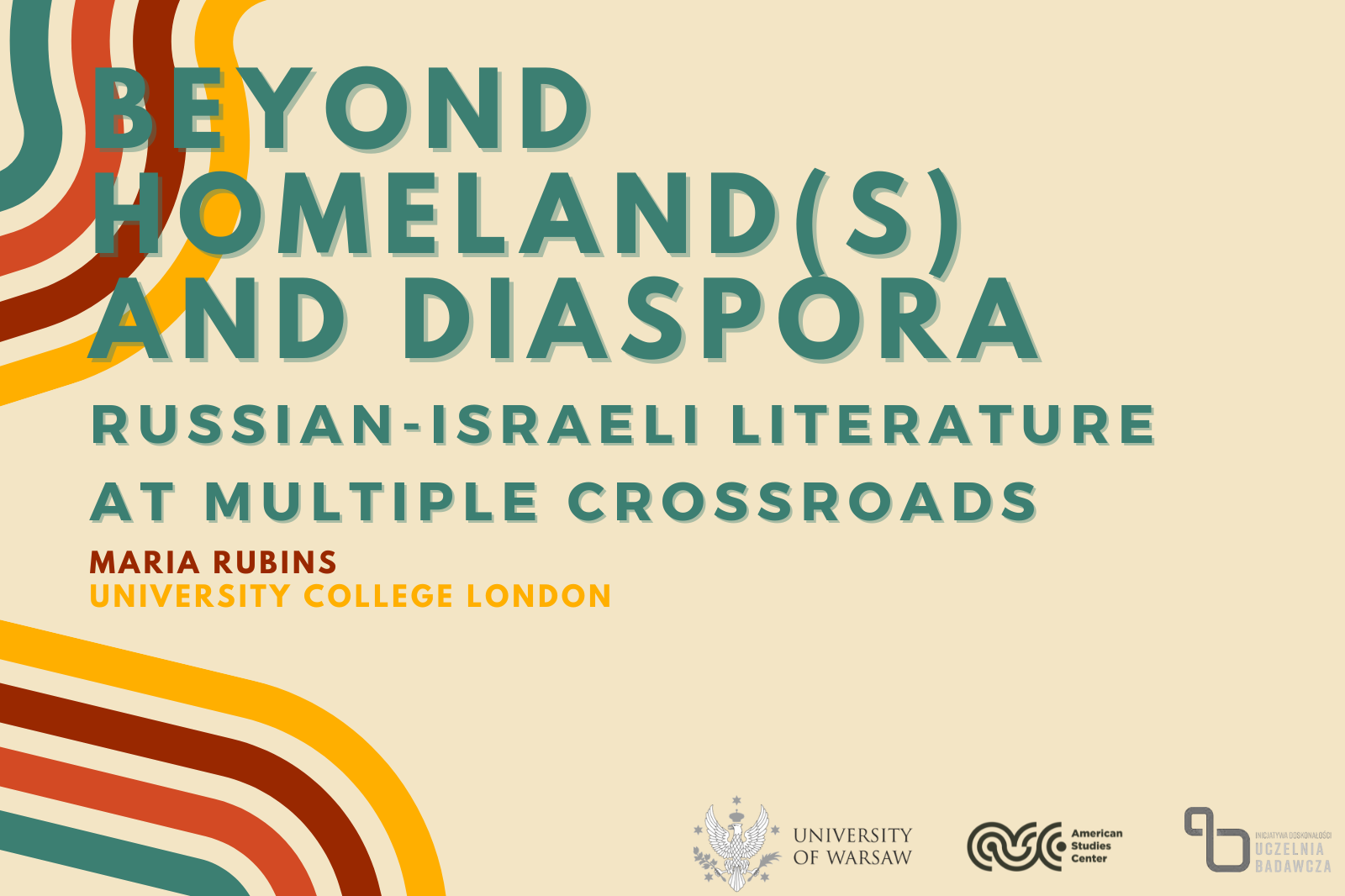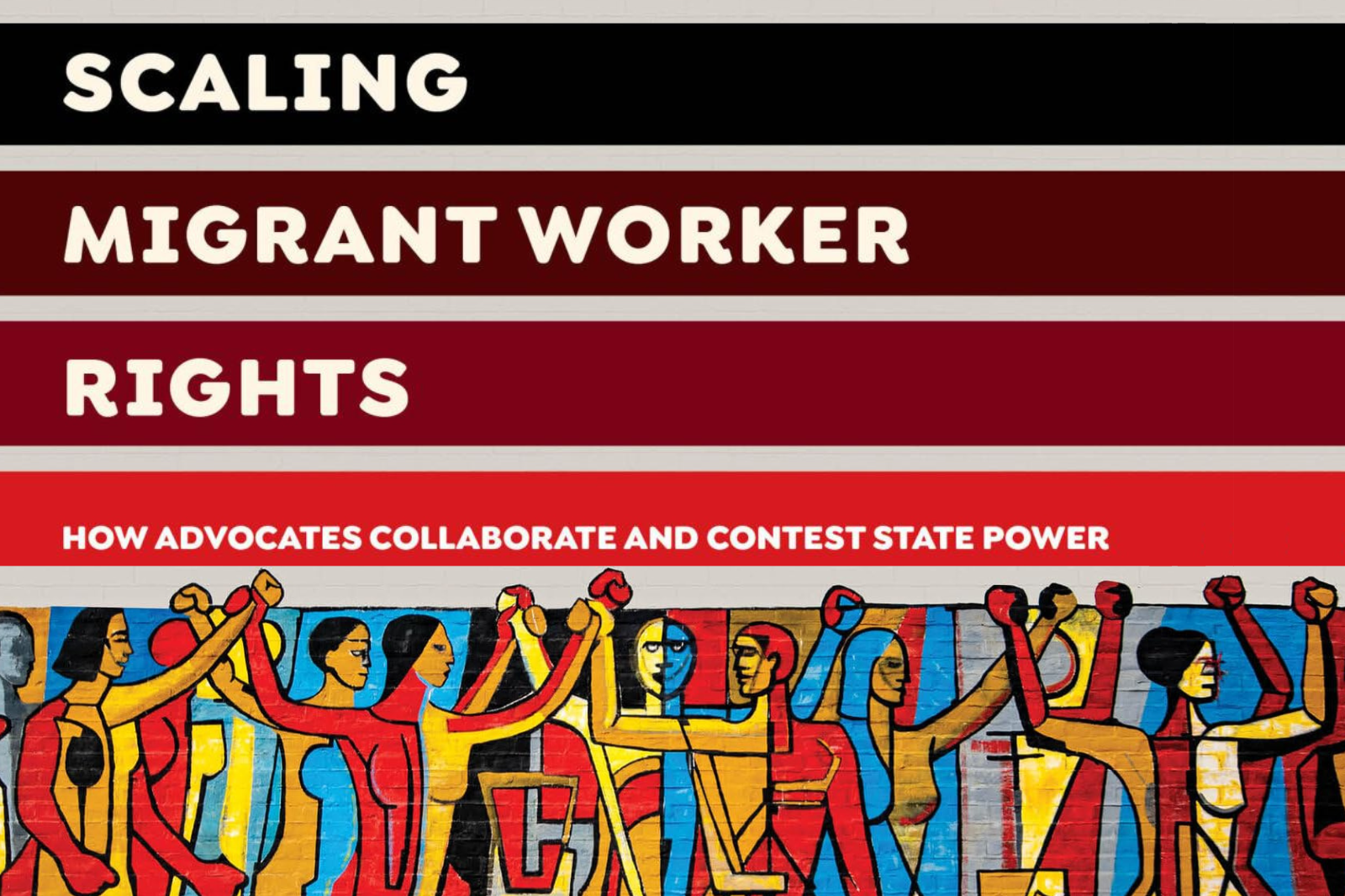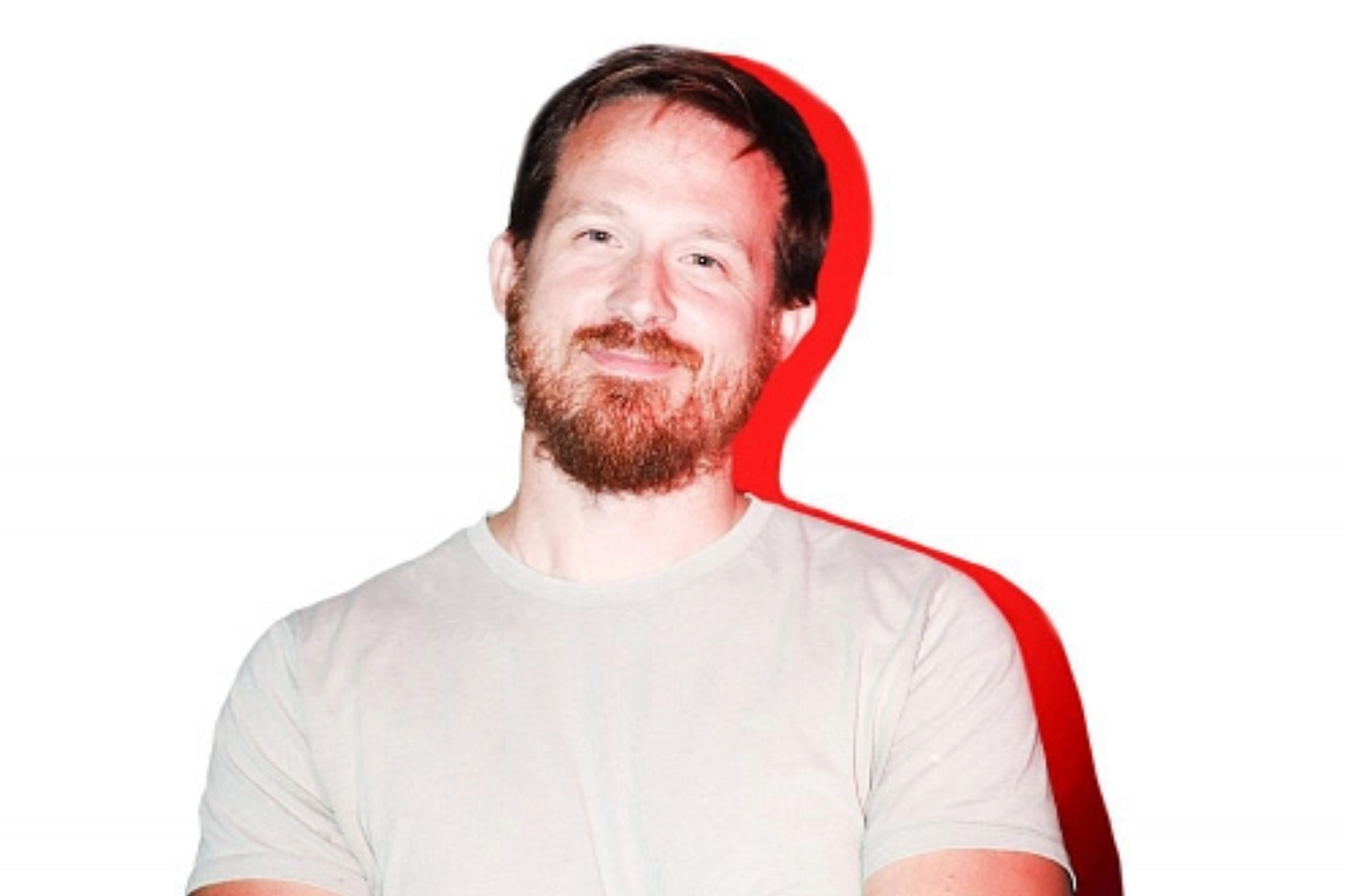Weird Fictions Research Group invites you to a talk by
Patrycja Pichnicka-Trivedi
(University of Warsaw)
Customary Strangers: Double Mirroring of Otherness in Eastern-Western Vampire Narratives
This event is a part of the Monsters ReVisited series organized by the Weird Fictions Research Group members and their invited guests.
Monday, March 29, 2021
at 5:00 p.m.
You can get 2 OZN points for participating in this event.
Where?
This is an online event. To attend, click the button below or enter https://us02web.zoom.us/j/81883977610 into your browser, and join the meeting.
What?
The Vampire serves as a perfect embodiment of the Other of all sorts: racial, sexual, ethnic, gender and class. Vampire Narrative shows an immanent and ever-present rule organizing society, the division into ‘us’ and ‘the Other’. The main objective of my research is to provide a comparative description of Vampire Narratives as collective fantasies about the radical otherness. I am examining flexible, but ever-present structures of the Vampire Narrative as models of the (late) modern socio-cultural relations, attitudes, ideologies and ways of organizing.
The most important part, and simultaneously the one usually neglected in analysis, is the structure of the narrative. I will thus use structural analysis as main methodology, supported by grounded theory with elements of feminist studies, Marxist studies, intersectional theories and others.
Examining Western Vampire Narrative (anglo- and francophone) in contrast and in the reflection of the non-Western narrative (on the example of Russian and Polish cases), I shall examine the process of building of global Otherness: an archipelago of gradual difference. In the non-Western countries Vampire narratives might be used to imitate the West, as a sign of (proto)colonial aspiration, as well as the embodiments of the discourse of resistance towards the sovereign global Western domination. Both imitation and resistance can be used to create non-Western own model of sovereignty towards their own Others, or to include those Others. National resistance toward global Western domination can oppress local marginalized groups, and reversely: emancipation of locally marginalized groups can be tangled in (proto)colonial imitation of the Western ways. Finally, resistance or imitation coexist in non-Western societies and depend on the ideological orientation.
The case of Eastern European Vampire Narratives is especially interesting for multiple reasons. Vampire figure was born in Slavian folklore (as upiór, upyr, vurdulak etc.). The figure was taken but the Western culture and gave birth to Western modern Narrative, expressing Western social views, particularly putting Eastern Europe as a domain of perfect Otherness. Eastern Europe, wanting to create modern fiction Vampire stories has had to (re)adapt the Vampire (indeed “vampire”, wampir, vampir etc. not upiór or vurdulak any more) Narrative from the West. The fact that this Narrative primarily served the purpose of othering the East (including Eastern Europe) made this adaptation doubly fascinating matter of studies, as a tool with which Eastern Europe tries to position itself in the global world, towards the West, as a representation of how the Eastern Europe sees itself, sees the West and sees itself as being seen by the West.
Who?
Patrycja Pichnicka-Trivedi is a graduate of Kolegium MISH, History of Art and Cultural Studies. Master’s Degree with Summa Cum Laude. Published in “Kultura popularna”, “Praktyka teoretyczna”, “Polish Journal of Political Science” and monographies. Participated in national and international conferences. Chosen as finalist in prof. Jerzy Buzek competition for Scientific Debut 2019. Writing thesis on the representations of Otherness in popular culture. Beside popular culture she is interested in intersectional studies, biomedical anthropology, posthuman studies and postcolonial studies.




